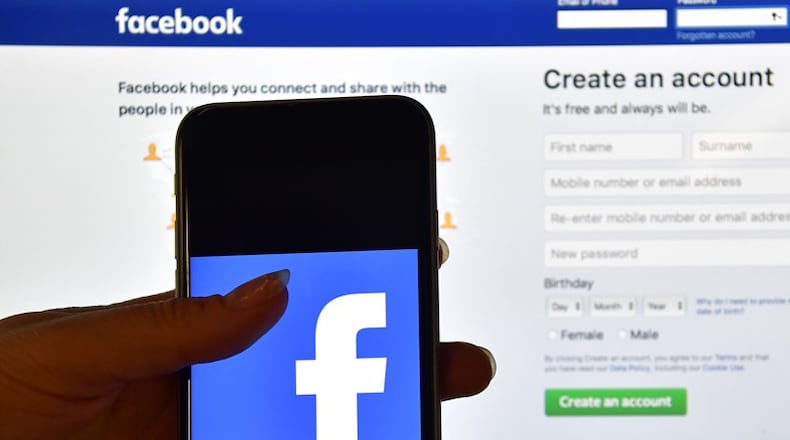While hanging out with your friends face-to-face can certainly boost your happiness, a new study says the opposite can occur when you interact with them through Facebook.
»RELATED: Study: The more social media you use, the lonelier you feel
After conducting research to better understand how social media affects our mental, Harvard Business Review determined that "the use of Facebook was negatively associated with overall well-being."
To make these conclusions, the organization examined 5,208 adults over two years using specific measures of well-being: life satisfaction, self-reported mental and physical health and body-mass index. Additionally, researchers used Facebook measures, which included liking others’ posts, making self-posts and clicking on links.
»RELATED: Facebook’s newest tool helps put a stop to ‘revenge porn’
Analysts found that many of the Facebook measures used predicted a decrease in mental health. Their findings also revealed that liking others’ content and clicking links resulted in a reduction of self-reported physical and mental health as well as life satisfaction.
While scientists aren't exactly sure how Facebook decreases welfare, they believe the quantity of interaction matters more than the quality. Their data might also be relevant for other social media platforms, but more research is needed.
»RELATED: VIDEO: What happens to your brain when you get a like on Instagram
About the Author
The Latest
Featured



